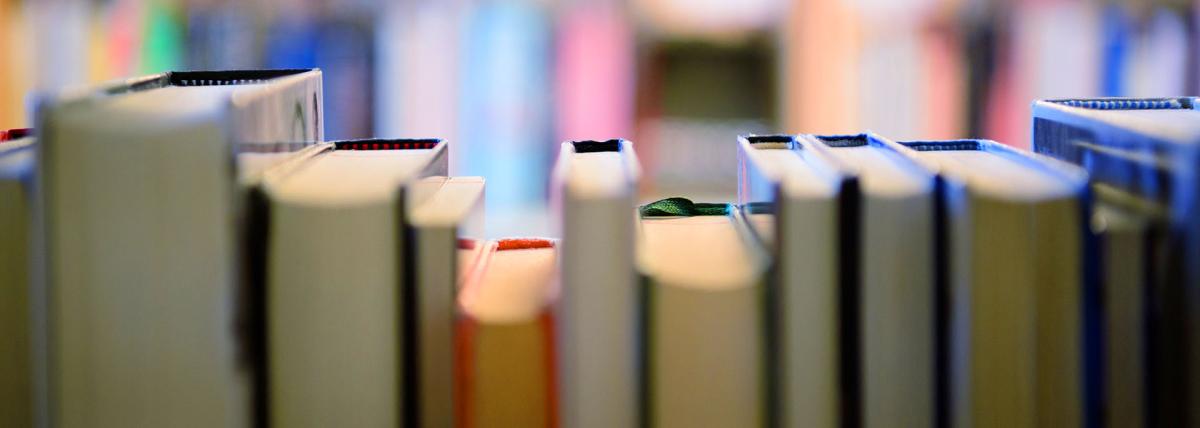First of Four. Introduction to how Edison Robots work. Students will self discover some of the possibilities of what the robots can do.
Lesson Two of Four: This lesson will help to show students there are lots of possibilities when building robots and students will be able to create their own prototype.
Introducing how EdScratch programming works with the Edison Robots. Activities and ideas linked in the lesson.
Students after learning how to use EDBlocks and EDScratch programming for Edison Robots will go to a younger class and teach those students how to do it too.
You've crash-landed on an alien planet and must find a way to survive with the help of native flora and fauna. Students will document alien life-forms in a field journal and use that information to
Students will be able to code a simple program using EdScratch in order to survive in the ecosystem by finding the sources of food. Using Edison as an animal in the food chain, students will be able
Students will be able to code a simple program using EdScratch in order to survive in the ecosystem by avoiding their predators. Using Edison as an animal in the food chain, students will be able to
With this introductory lesson on Newton's Laws, student will have the opportunity to understand and explain Newton's 3 laws through a hands-on experience. This is an excellent way to introduce physics
In this problem-solving lesson, students learn about our landfills and come up with a solution using robots! Did you know, according to data from Waste Business Journal, American landfills only have
This lesson allows students to create their own ecosystem to gain a better understanding of how each part works with each other and why they are so important. They will show proficiency when they
When Res is hurling towards Mars, he needs a parachute that will help him land safely. Can you design a parachute that will help Res land safely on Mars? Students will design a parachute using coffee
It's 3D printing time! In this lesson, students will design a creation all on their own and input their design into a 3D printing program. They will then print their creations and become a maker!
Collaboratively, students will make a 3D-model of their chosen Arizona biome. Their model must show the different interrelationships between biotic and abiotic factors. After project making, students
This project encourages students to be more knowledgeable on the beauty and natural resources of the Grand Canyon State, Arizona, by creating informative posters and hosting a classroom gallery walk
In this lesson, students will conduct an investigation to see how temperature can affect the state of matter.
~Students apply the engineering design process as they learn the advantages and disadvantages of the greenhouse effect. ~Students will work collaboratively to construct a miniature greenhouse to
This is a culminating project for the end of a Space Science unit. Students will each research a unique star, then work in a group to research the constellation of their star. In groups, students will
This STEM lesson focuses on technology and engineering. It was written for 6th through 8th grade, but it can be adjusted to fit other grades. It was made for groups of 3-4, it could be used for a
This is the 3rd part of the lesson series where students will determine the thrust and stability of their water bottle rockets to answer their essential question: Using the Design Process how can we
Exploring chemical reactions is highly engaging for the students if taught in a student-centered lesson. This lesson was inspired by the activity of 6th-Grade Amplify Science, Exploring Chemical
Featured Lesson Plans
Check out these notable lesson plans.

Makey Makey Storyboards

Sphero Rocket Payload Mission



